Worms (helminths) are one of the problems facing parents all over the world. This is a really serious issue and should be resolved soon. Worms are worms from the group of parasites. They parasitize the human body, disrupt the functioning of organs and systems. More often in children there are pinworms and roundworms.
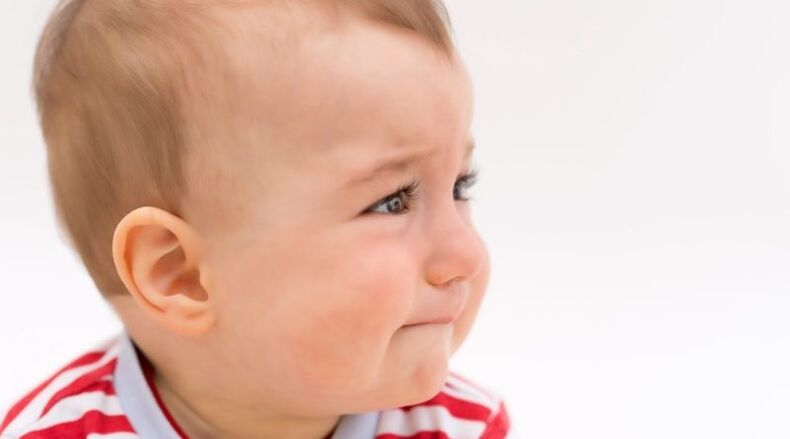
When symptoms of helminthiasis appear, consult a doctor immediately for effective therapy.
Causes of worm infection in children
Because of their natural mobility and interests, children are often in contact with the world around them and everything that lives there. The list of common causes of infection is quite impressive.
Contact with contaminated surfaces
Worms and their eggs can live up to two weeks without food.
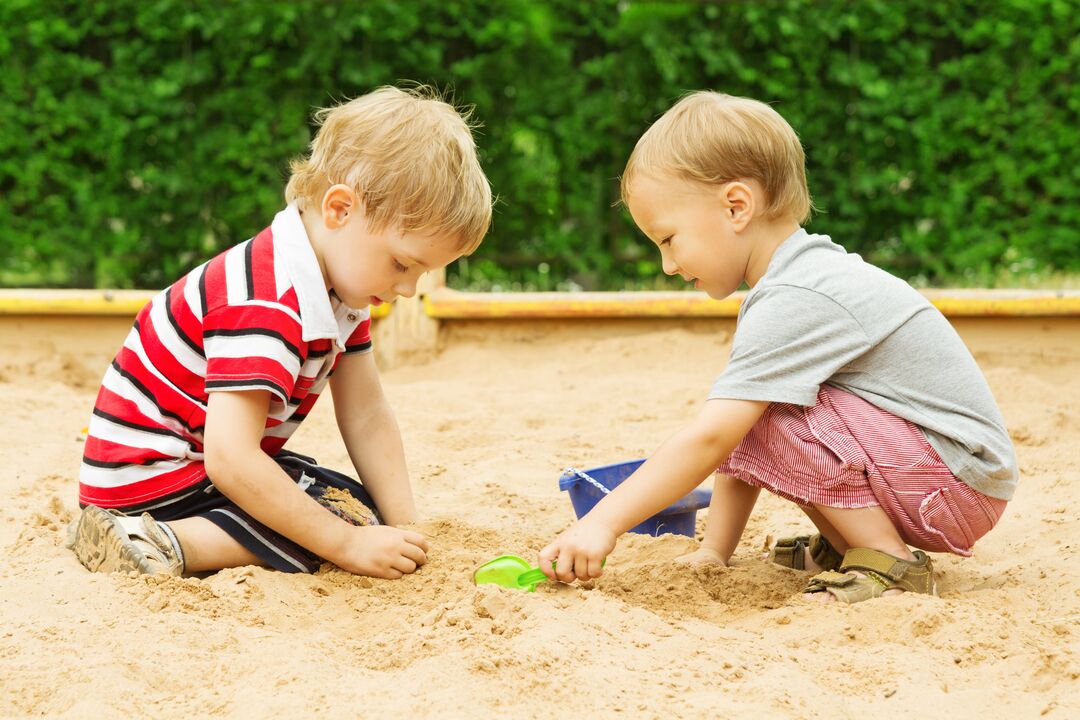
The most common places where a child can be infected with worms are:
- land with worms or eggs on the playground or in the open air;
- contact with animals or contact with their feces is infected with worms.
Consume food or water contaminated with worms
It is very important to wash vegetables and fruits thoroughly before eating, because they contain worm eggs.
Raw or undercooked foods also carry a risk of worm infection. Contaminated water is a very common source of pollution.
Way to contact
Worms pass from person to person. Pinworms are usually spread in this way, so the risk of helminth infection in groups of children is very high.
Insect bites
Mosquitoes are often carriers of the infection.
The presence of worms in the mother
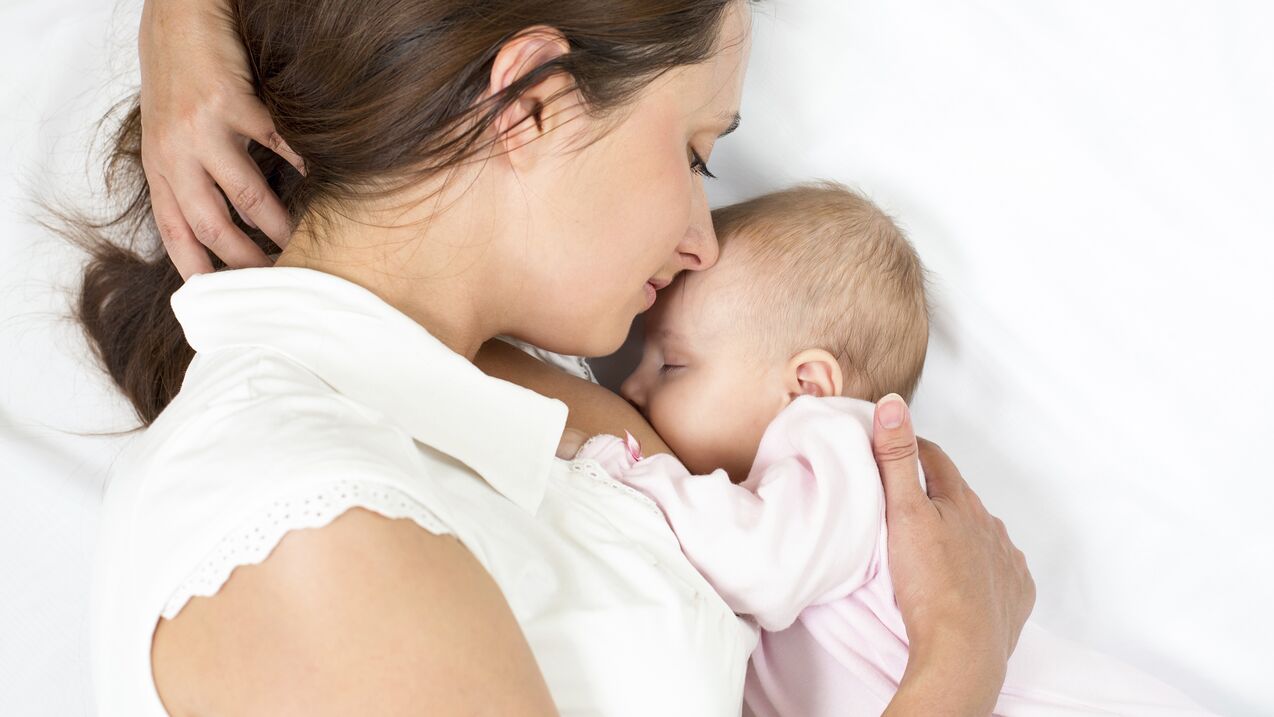
Even during pregnancy, when the infection occurs in the mother's womb, it is possible to infect the baby. The larvae of helminths enter the bloodstream of the fetus through the placenta or through the birth canal during childbirth. Parasite eggs enter the baby through the nipple surface, toys and other objects.
Worm infestations are more common in children than in adults. In children under one year of age, worms are not as common as in children 1, 5-3 years of age, they are actively exploring the world, tasting various objects, and are more often infected.
Helminthiasis is dangerous at any age. Worms are a special case in a one-year-old child because the baby's body is not yet mature, the immune system is weak, and the presence of worms in children can often lead to acute respiratory illnesses, allergies and diseases. of internal organs.
The presence of worms in babies is a major health problem because worms feed on substances necessary for the baby's growth and full development.
Symptoms of worms in children
Symptoms of worms in children depend on the location and activity of worms in the child's body. The most common worms - roundworms, pinworms, tapeworms in babies - live in the intestines, but some parasites can pass from organ to organ. For example, roundworms first enter the stomach and then enter the lungs or liver with blood. They grow there for three weeks, then re-enter the intestines or stomach.
Pinworms often live in the anus and cause severe itching. In girls, they can be found in the genitals, causing vulvovaginitis.
Opistorchis parasites often live in the liver and pancreas. Echinococcus can affect muscles and bones, and chains can even penetrate the brain. Also, some types of helminths are found in the respiratory tract, causing persistent cough.
How do you know if a child has worms?
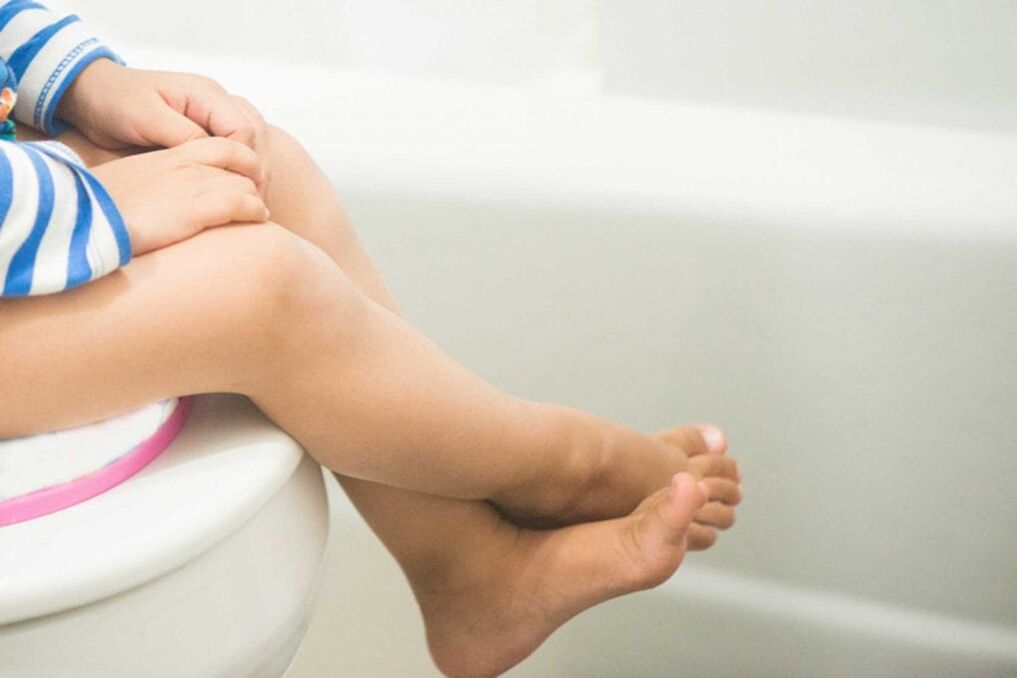
Depending on the location of the worms in children, the following signs of the presence of worms in a child may appear:
- Constipation.Large worms can close the lumen of the intestine, which disrupts the flow of feces. Constipation can last more than 2 days.
- Diarrhea.Some parasites secrete a special substance that stimulates the excretion of undigested food particles and large amounts of water from the body.
- Nervous system syndrome.Helminths can cause inflammation in the intestines. This causes malabsorption of nutrients and irregular bowel movements.
- Flatulence.Some helminth species stimulate fermentation processes in the small intestine, which leads to the formation of excess gas. If you do not get rid of the worms in time, flatulence can last for months.
- Pain in the joints and muscles.This occurs when parasites enter the thickness of a joint or muscle tissue and destroy it.
- Allergy.Worm waste products can activate specific cells in the body that are responsible for allergic reactions.
- Worms can cause skin diseases.Acne, urticaria, papillomas and diathesis appear. Sometimes worm infections increase the fragility of hair and nails.
- Anemia.Some types of worms are able to attach to the intestinal wall and receive not only nutrients but also blood from them. For this reason, the child develops anemia, which is diagnosed by a clinical blood test.
- Changes in body weight.As a rule, body weight decreases sharply as a result of infection with worms, because worms absorb more nutrients that enter the body through food. Having a helminthic infection often causes anorexia due to the entry of toxins into the bloodstream. But often the child is faced with an increase in body weight - this is a protective reaction against the spread of worms.
- Nervous system disorders.The child has a nervous and irritable behavior. Against the background of helminthiasis, depression can develop in schoolchildren and adolescents.
- Sleep disorders.When a child wakes up every night, it may indicate an infection. At night, some types of worms leave the body through the anus, which is accompanied by severe itching, which prevents the baby from sleeping.
- Jaundice.Tapeworm infections are more common.
- Chronic fatigue syndrome.Due to the lack of nutrients in the child's body, he is constantly weakened and tired quickly. Develops memory problems, develops emotional stress and drowsiness.
- Immune disorders.Due to helminthiasis, a child often develops diseases of viral origin, appears allergic reaction to ordinary foods. Intestinal dysbiosis, colitis often develops, on the face - rashes, diathesis and herpes.
- Respiratory problems.Occurs when the larvae of worms attack the lungs. Children with worms cough and have a fever. Bronchial asthma is an extremely dangerous complication of worm infestation.
Numerous symptoms of worms in children significantly complicate the diagnosis. Therefore, parents should remember about routine prophylactic examinations, including tests to detect the presence of pinworms and ascaris.
Common types of worms in children
- PinwormsItching around the anus causes painful urination.
- Ascaris.Diarrhea is observed with ascariasis, worms are visible to the naked eye in the feces of the child. Fever and dry cough are detected within 4-16 days after contact with roundworm eggs.
- Hookworm.The child coughs and wheezes. In case of severe infection, anemia and chronic fatigue develop.
- Tapeworms.They enter the body with contaminated food and water. Swallowed worms move through the baby's intestines, forming cysts in the body's tissues and organs.
How to identify worms in a child?
Abdominal pain, lethargy and diarrhea can be a sign of other diseases. To make sure they have signs of helminthiasis, some tests for worms in children should be performed:
1. Blood test for worms in children.
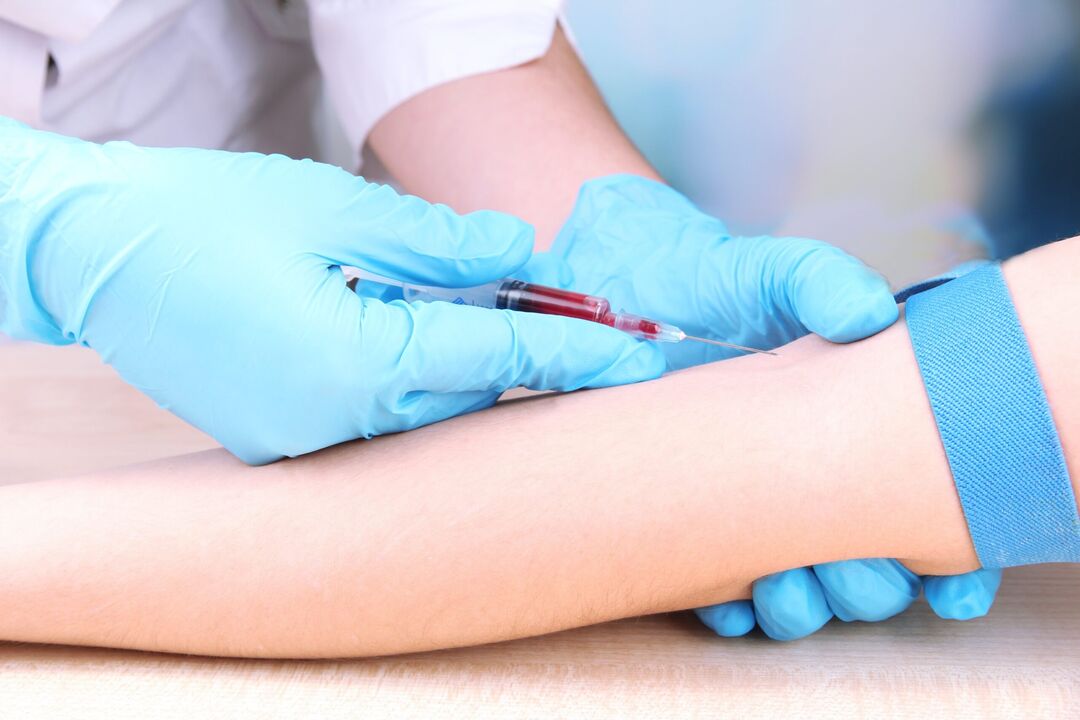
An enzyme immunoassay is prescribed for worms. The test detects specific antibodies and antigens that indicate the presence of worms in the body. This analysis will show the type of worms present, their number and ability to reproduce.
A general blood test is performed to diagnose worms, which can detect signs of anemia or inflammation in the body.
2. The exact result is obtained using a histological coprogram
It consists of microscopic examination of feces. Thanks to this research, it is possible to clearly identify the worm's body parts and eggs. As a result, helminthiasis is diagnosed, as well as the type of worms.
3. X-ray and other diagnostic measures
When there is a suspicion of worms in the lungs, an X-ray examination is scheduled. In addition, a sputum test is performed. Computed tomography or ultrasound is performed to detect parasites in the liver, brain or kidneys.
How to get rid of worms in children?
To effectively treat worms in a child, contact a parasitologist and follow his recommendations.
It is unacceptable for children to self-medicate with worms, as they are highly toxic. Also keep in mind that invading different types of worms requires individual treatments tailored to the worm's life cycle. When calculating the dose, the specialist should take into account the patient's age and body weight.
Your doctor may prescribe a medicine for worms, which is available in the form of syrup for babies or tablets for older children.
Deworming tablets for children usually kill worms without harming the owner, in this case the child. The duration of treatment is usually short and does not last more than a few days. Sometimes a single dose is enough to clear the worm debris.
However, many drugs are ineffective against worm larvae and eggs. In addition, the risk of recurrent self-infection with pinworms in young children is quite high. Therefore, the course of treatment should be repeated after 2-3 weeks.
If a child has worms and suspects that worms live in the gallbladder in parallel with etiotropic drugs, a specialist may recommend a choleretic drug. Laxatives are often prescribed to quickly remove helminths and sorbents to absorb toxins. Antihistamines can reduce the appearance of allergies and improve the health of a small patient.
Helminthiasis in infants is very difficult to treat. Almost all drugs for worms are not used for children under two years of age, because they are very toxic and have many side effects. Damage to the body as a result of the consumption of such drugs can be significant, even with the slightest overdose. Therefore, self-treatment of helminthiasis in children of the year is not allowed at all.
If a baby has any suspicion of worms, it is necessary to contact a specialist who will determine the degree of infection and develop a treatment regimen that will work in this situation. In some cases, the doctor may even offer to delay treatment for a short time for the child to grow up.
Do not rely on over-the-counter medications, as they may not be suitable for babies and young children. To rid your child of worms, always see your doctor and follow the dosage and treatment regimen. For prevention, it is recommended to use worm pills for children every six months. Talk to your doctor about what to give your baby to prevent worms, and a specialist will determine the dose and frequency of prophylactic deworming.
Folk remedies for worms in children
In addition to medications, folk remedies for worms in children will help relieve anxiety caused by worms in the body. A natural remedy for worms will not necessarily get rid of worms in your child, but it will help treat and prevent the infection.
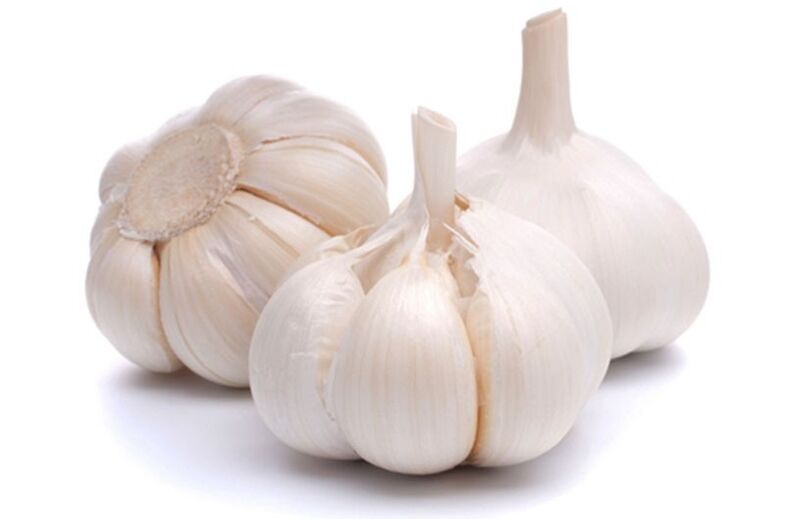
Consider folk remedies:
- garlicis a natural antihelmintic agent for children. The parasite is known to be effective against worms. Raw garlic contains amino acids and sulfur, which help the body kill and cleanse parasites. Eating three cloves of raw garlic on an empty stomach will help with complex deworming.
- Papaya- is the best tool for health. Immature papaya contains an enzyme called papain, which acts as an anthelmintic agent to kill worms in the intestines. In addition, papaya seeds are used to remove worms from the stomach. Crush papaya seeds and mix a tablespoon of the mixture in warm milk or water. Ask your child to drink for three days in a row in the morning. Combine a tablespoon of raw papaya and a tablespoon of honey in warm milk or water. Drinking this drink on an empty stomach helps to get rid of intestinal worms.
- Pumpkin seedshelps eliminate intestinal parasites. The seeds contain cucurbitacin, which paralyzes pests and makes it difficult for them to live in the body. Offer your child a spoonful of pumpkin seeds with honey. Boil a spoonful of peeled and chopped pumpkin seeds in three cups of water. Allow the drink to stand for half an hour. Offer to the child when the liquid cools.
- Chinese bitter pumpkin.Although the taste is slightly sour, it is very effective in combating intestinal worms. Mix a glass of bitter pumpkin juice with water and honey and feed it to your child twice a day.
- rootIt contains vitamin A, which strengthens the immune system and allows the body to fight any intestinal worms before they completely colonize the body. Eating carrots on an empty stomach will help neutralize persistent parasites in the body and also prevent re-infection.
- turmericis a natural antiseptic and helps eliminate all types of intestinal worms. You need a glass of warm water mixed with a tablespoon of turmeric, give the child worms once a day for five days.
- coconuthas strong antiparasitic properties, is effective in the treatment of worms. You can use fruit or oil to kill worms. Give your child a tablespoon of ground coconut every morning for breakfast. Use this home remedy for a week. Concentrated coconut oil contains medium-chain triglycerides that will help remove worms from your baby's body. Taking 4-6 teaspoons of coconut oil every morning for a week will strengthen the immune system and prevent the recurrence of worm infections.
- clovesdestroys existing intestinal worms and their eggs, as well as prevents future infections. Add a teaspoon of cloves to a glass of boiling water and leave for 20 minutes. For this juice three times a week to avoid contamination.
- Onion juicehelps fight roundworms. Take the onion and chop it well, drain the onion mixture. Eat in the morning on an empty stomach.
- Indian lilachas antiparasitic properties and can destroy various intestinal worms. In powder form, combine the leaves with warm milk and honey. Offer it to your child twice a week.
Traditional home remedies can help eliminate the infection, but they cannot completely cure it. They do not replace prescription drugs.
Prevention of worms in children
Children who play in mud, sand, grass and other open spaces are more likely to be infected with worms. Although it is possible to get rid of worms by deworming, it is better to prevent infection as much as possible.
Hygiene is important here. Teach your children basic hygiene habits and how worms enter their bodies and make them sick.
Prevention of worms includes the following measures:
- Do not give children raw water from springs and wells. This water should be filtered and boiled before use.
- Hands should be washed thoroughly with soap after contact with the ground.
- It is also worth washing vegetables, herbs, fruits and berries that the child and other family members eat.
- It is important to heat meat, fish and poultry thoroughly.
- Do not offer your child dried, salted or uncooked raw foods.
- It is necessary to take a shower after a pinch of water. Do not allow pets to lick your child's hands or face, as they may have worm eggs on their tongues.
- Hands should be washed thoroughly after each contact with animals.
These precautions do not rule out the possibility of helminth infection, but minimize it.



























